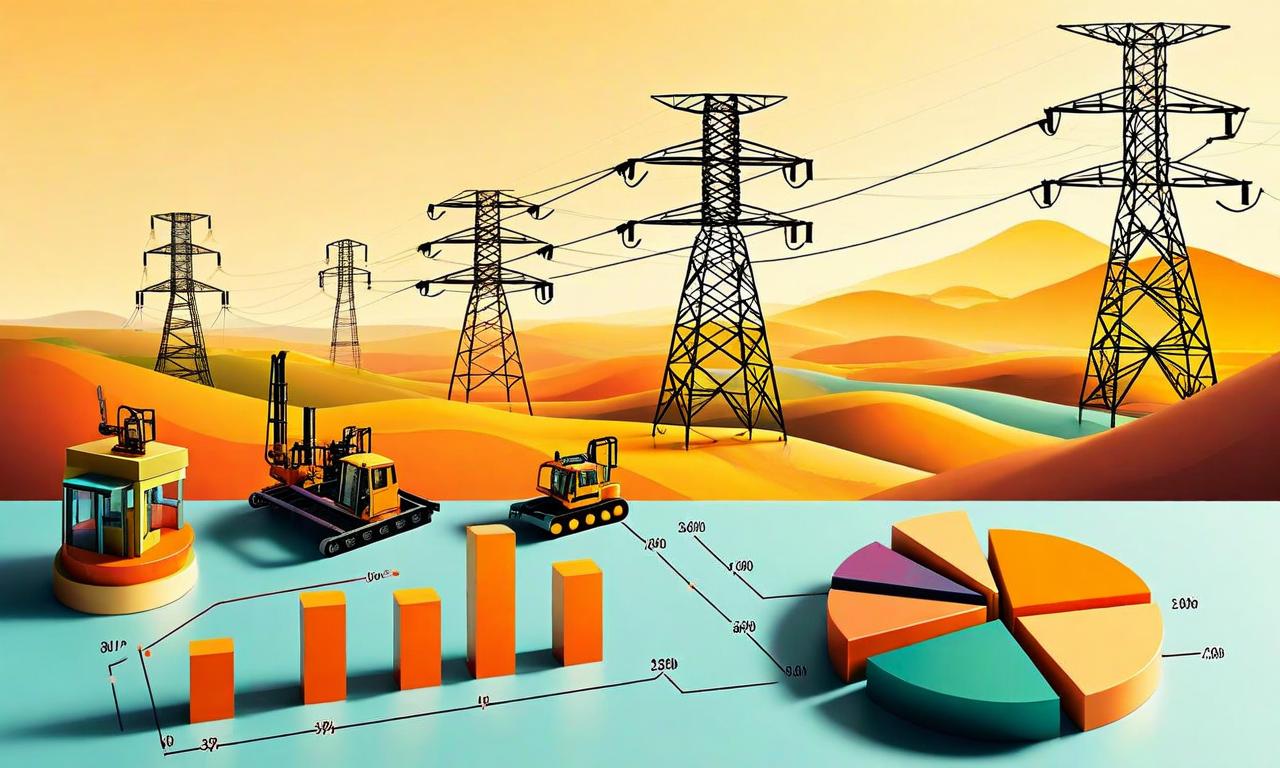Government to Retain Majority Stake in TSO, Five PSUs to Get Equal Minority Holdings
The Indian government has announced its plan for the Transmission System Operator (TSO) ownership structure. The government will retain a majority stake, while five public sector undertakings (PSUs) - ONGC, HPCL, GAIL, IOCL, and EIL - will each receive equal minority stakes. This structure aims to maintain government control while leveraging diverse expertise from across the energy sector.

*this image is generated using AI for illustrative purposes only.
The Indian government has unveiled its plans for the ownership structure of the Transmission System Operator (TSO), signaling a strategic move in the energy sector. According to recent announcements, the government intends to maintain a majority shareholding in TSO, while allocating equal minority stakes to five key public sector undertakings (PSUs).
Ownership Structure
The ownership plan for TSO involves the participation of five major players in India's energy sector:
- Oil and Natural Gas Corporation (ONGC)
- Hindustan Petroleum Corporation Limited (HPCL)
- Gas Authority of India Limited (GAIL)
- Indian Oil Corporation Limited (IOCL)
- Engineers India Limited (EIL)
Each of these PSUs is set to receive an equal minority stake in the TSO, with the government retaining the majority ownership.
Strategic Implications
This ownership structure reflects the government's strategic approach to the energy sector:
- Government Control: By maintaining a majority stake, the government ensures it retains decision-making authority over the TSO's operations and strategic direction.
- Stakeholder Involvement: The inclusion of five major PSUs as minority shareholders brings diverse expertise from across the energy value chain into the TSO's ownership structure.
- Balanced Participation: The equal distribution of minority stakes among the PSUs suggests a balanced approach, potentially aimed at fostering collaboration without favoring any single entity.
Sector-wide Impact
The establishment of TSO with this ownership model could have significant implications for India's energy sector:
- Improved coordination in energy transmission and distribution
- Facilitation of knowledge sharing and operational synergies among PSUs
- Potential model for future collaborations between the government and PSUs in critical infrastructure projects
As the energy landscape in India continues to evolve, the TSO's role and its unique ownership structure will be closely watched by industry observers and stakeholders. The government's decision to maintain majority control while involving key energy sector companies as stakeholders indicates a balanced approach to managing this crucial component of India's energy infrastructure.
























